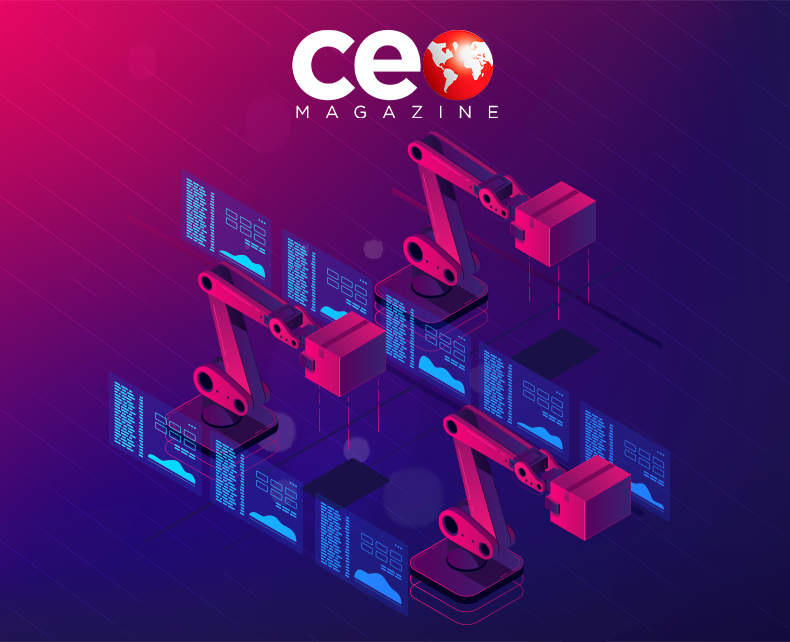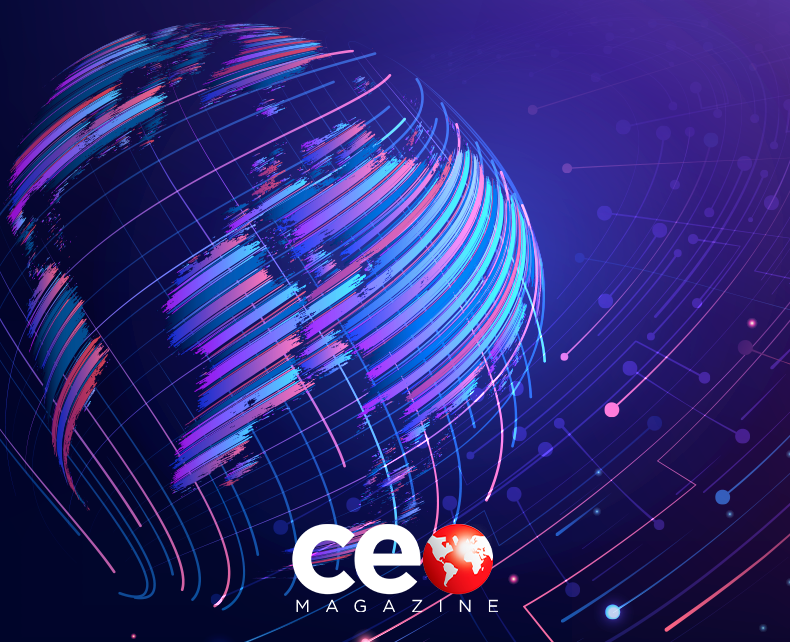What’s Around The Corner In The MBA Market
MBA Blog / 26th March 2024
To begin, you don’t need ChatGPT to know that ChatGPT and other generative AIs will be a big part of MBAs in the near future – how to use them productively, how to train them effectively, how to ensure they behave (ethical algorithms), how to use them correctly in both an academic and business context, how to verify veracity, et cetera—definitely a hot topic in business for several years to come. I’m looking forward, personally, to helping our participants transform generative AI solutions into learning sherpas that accompany them all through their learning journeys as personal knowledge managers (PKM). Enhancing their learning, personalising it, reinforcing it and helping to ensure ‘perfect recall’. ChatGPT prompt: “In which course during my LeadTech Executive MBA did we do a technology teardown of fast fashion?”
In addition, the rise of AI-fueled chatbots should also fuel the rise of embodied AI-enhanced helpers of all kinds, i.e. robotics. As different robotic form factors – from pets and vacuum cleaners to drones and humanoid assistants – start appearing in our homes, offices, factories and schools, you can be sure that this will be a big focus of businesses, startups and business schools in the years to come.
What both generative AI and robotics have in common is the entire data management and machine learning skillsets, and we expect those to be increasingly the focus of MBA programmes.
We have already renamed our flagship Executive MBA the LeadTech E-MBA in recognition of the dual transition to a technology-driven business world and a world where leadership includes both a good understanding of people (starting with self) and new technologies and the disruptive business models that can be fostered by leveraging them. This, too, is to be expected, i.e., further emphasis on the soft skills of management and the ‘hardish’ skills of technology. In this case, I use ‘hardish’ to mean future leaders need to understand the key underlying concepts of technologies like blockchain, web3, AI, ML, etc., without having to be able to code or develop them themselves.
So, knowing that each programme has a limited bandwidth, i.e., duration and workload, the École des Ponts Business School’s academic team came to the consensus that MBAs, starting with ours, should de-emphasise the in-class learning of basic business skills that can be effectively learned online and emphasise on-site experiential learning for the kind of knowledge you can only really get in the classroom, working on real-world projects and challenges, where the experience is inseparable from the learning. Understanding this, we completely reconfigured our LeadTech Executive MBA accordingly and introduced a series of sustainability, technology and innovation challenges throughout the programme while focusing increasingly on the dual transition to responsible technology and digitalisation. This allows us to make our motto of ‘being in business to make a better world’ much more tangible to our prospects, participants and alumni.
With the ongoing ‘Cambrian explosion’ of new technology-enabled business models that have the potential to radically change how we work and live, on the one hand, and help us find a sustainable path forward to thrive and survive as a species, MBAs, managers and leaders need to have a good grasp on these technologies. The ethics of these technologies are very important to understand, shape, discuss and safeguard while ensuring their effective use will be the differentiating factor that ensures the success or failure of careers, companies and even countries.
Another megatrend we see invading the MBA market, for which we have prepared, is that of micro-credentials. This is a policy being aggressively advanced throughout Europe, which matches certifications to specific job requirements. As such, our MBA graduates complete our programme with multiple micro-credentials that we offer alone or in partnership (e.g., with Harvard Business School Publishing or the Circular Economy Alliance) throughout our MBA programme as an integral part of the programme. This, too, is something we expect to see more often in other programmes.
As new technologies, like GenAI, quantum computing, virtual reality and augmented reality, to name but a few, generate a wide array of new concepts, startups and professions, they also open the door to new capabilities for smaller companies only available previously to the biggest or the richest. This democratisation of access to resources will be the source of new capabilities that then create adjacent possibilities and new strategies and allow us to reimagine the/our future. To help us avoid a simple projection of today’s world, we need to actually learn to imagine and tell ourselves different stories about the future. This, too, will emerge as an increasingly fundamental competency, futures literacy, or the ability to use the future effectively. Not to predict, forecast or control the future but to help shape an advantageous future that is both desirable and possible. It should come as no surprise that we have a UNESCO Chair in Futures Literacy dedicated to the future of value and that our intention is to ensure that this is one additional competency our MBAs leave (and lead!) with.
Biography
Alon Rozen is Dean, CEO and Professor of Innovation at École des Ponts Business School.






